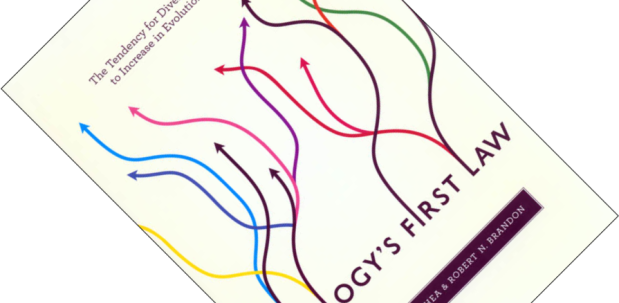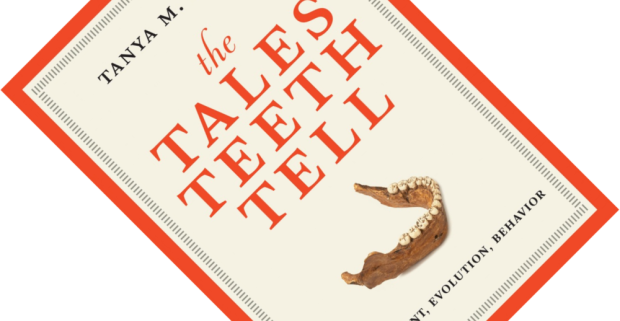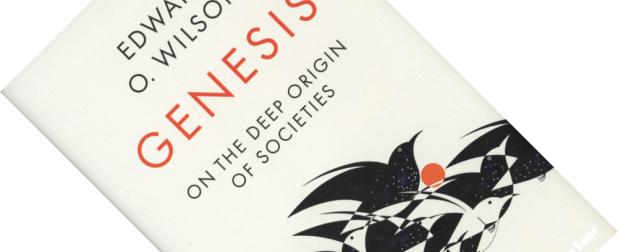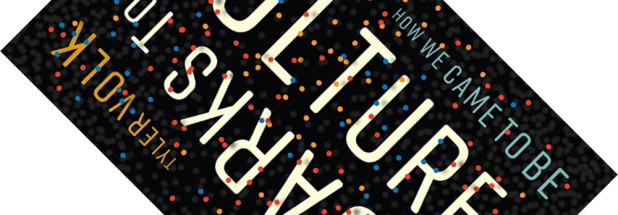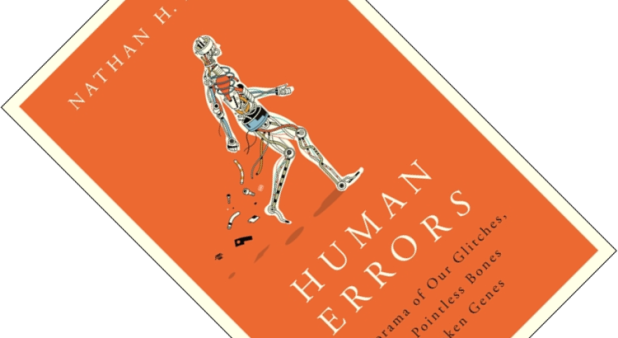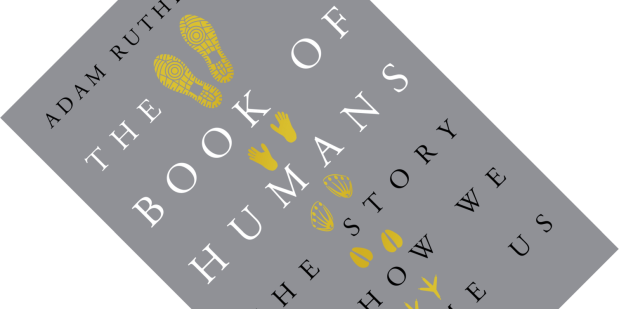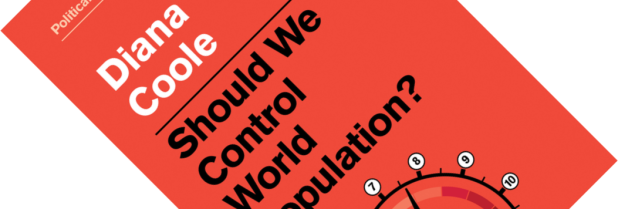The subtitle of this book points to an observation that most biologists will anecdotally agree with. Looking at the long sweep of evolutionary history, there is indeed a clear overall tendency for life forms to become more diverse and complex. Daniel W. McShea and Robert N. Brandon, the one a biologist with a secondary appointment in philosophy, the other a philosopher with a secondary appointment in biology, here declare it the Zero-Force Evolutionary Law or ZFEL. But is this a law of nature? And does it really differ from stochastic processes or even entropy?
reproduction
Book review – The Tales Teeth Tell: Development, Evolution, Behavior
When I picked up The Tales Teeth Tell, the first thing I thought was: “Another book on fossil teeth?” After reviewing Ungar’s Evolution’s Bite: A Story of Teeth, Diet, and Human Origins in 2017 I was worried this might be more of the same. Was I ever wrong! Professor in human evolutionary biology Tanya M. Smith here shows there is a lot more to say about human teeth and their evolution.
Book review – I, Mammal: The Story of What Makes Us Mammals
The seed of this book, if you will forgive me the pun, lay in an unfortunate collision between a football and the author’s scrotum. This led former neurobiologist Liam Drew to write a piece for Slate about the mammalian testicles and their precarious positioning in the males of this group. Before long, with the birth of his first daughter, he started wondering about lactation and all the other features and oddities that make us mammals. The resulting I, Mammal is a witty, irreverent overview of mammalian biology and evolution that is sure to entertain.
Book review – Empty Planet: The Shock of Global Population Decline
Given that I consider overpopulation to be the mother of all problems and, unfortunately, the elephant in the room that few wish to address, this book immediately drew my attention. Empty planet? Global population decline? Those are not words you often hear when the subject turns to future demographic trends. And yet, these two Canadian authors, Darrell Bricker the CEO of social and opinion research firm Ipsos Public Affairs and John Ibbitson a journalist for Globe and Mail, contend exactly this.
Book review – Genesis: On the Deep Origin of Societies
Why, of all the species that have ever existed, have only us humans reached this unparalleled level of intelligence and social organisation? When a senior scientist such as Edward O. Wilson trains his mind on such a question, you hope to be in for a treat.
Book review – Quarks to Culture: How We Came to Be
How did we get here? It’s a simple question, but as all parents will affirm, the simplest questions can have the most complicated answers. With Quarks to Culture, Tyler Volk, a professor in biology and environmental studies, looks at our human culture and goes all the way back to the beginning (yes, the very beginning) to ask: “Is there a pattern here?”. What follows is a book that should be taken as a spirited thought experiment.
Book review – Human Errors: A Panorama of Our Glitches, from Pointless Bones to Broken Genes
If there is one thing that infuriates me about the way the human body works, it is the fact that our throat is a passage for both food and air. I am sure that anyone who has gone down in a fit of coughing can attest to this. As Nathan Lents shows in his amusing book Human Errors, that is just the tip of the faulty iceberg.
Book review – The Book of Humans: The Story of How We Became Us
Historically, humans have long considered themselves special compared to the natural world around them. It shows, for example, in old depictions where humans are at or near the top of a chain of lifeforms, with only angels and gods above us. Darwin caused a tremendous ruckus by saying we were descended from primates, and evolutionary biology has since had a long history of diminishing our anthropocentric worldview. With The Book of Humans, self-professed science geek Adam Rutherford has written an entertaining exploration of human evolution, showing that, amidst the teeming multitudes of lifeforms surrounding us, we are really not that special. And yet we are.
Book review – Should We Control World Population?
Speaking of controversial. As mentioned in my previous review of An Essay on the Principle of Population: The 1803 Edition, concerns about human overpopulation go back to at least Malthus, a name that has become synonymous with this topic. How do you tackle this incredibly thorny issue? Malthus believed moral restraint where having children is concerned should be encouraged, which strikes me as starry-eyed and completely out of reach, especially in the individualized societies of today. Simultaneously, we have seen some pretty drastic population control measures with ugly side-effects, such as China’s one-child policy and forced sterilization in India. The cry of eugenics if never far away when this topic is tabled. Can we have any sensible discussion to find a middle ground between utopia and dystopia? This small book does a serious attempt.
Book review – An Essay on the Principle of Population: The 1803 Edition
Overpopulation. Is there another topic more likely to bring about an uncomfortable silence during a dinner party? Possibly one of the last taboos even of our era, one name is intimately linked with this topic: Thomas Robert Malthus, author of the much-maligned An Essay on the Principle of Population. Originally published in 1798, Yale University Press here republishes the second edition of 1803, which is much expanded. As a bonus, they throw in five essays to place this work in context and discuss its relevance today. Why would you read a book that is over 200 years old? For the same reason evolutionary biologists still read On the Origin of Species – you cannot really properly discuss, let alone criticise a subject without reading its foundational text, now, can you?

